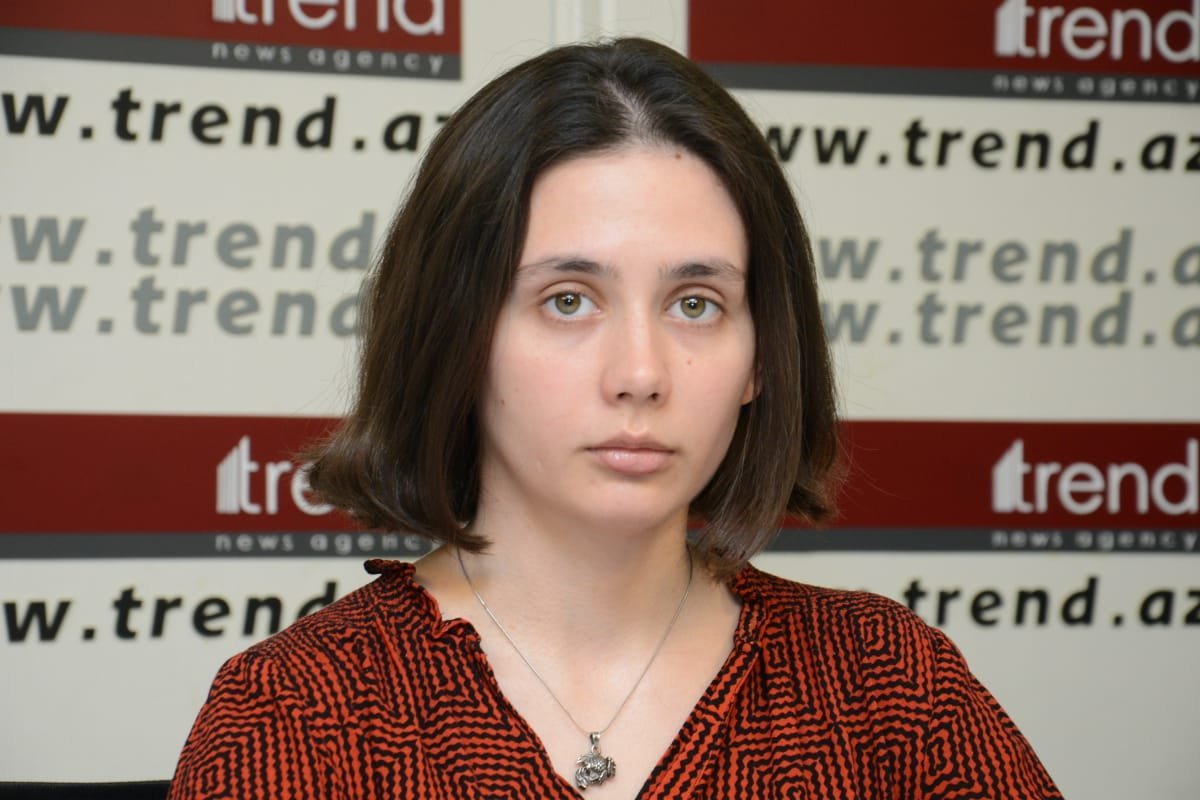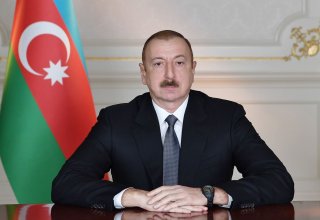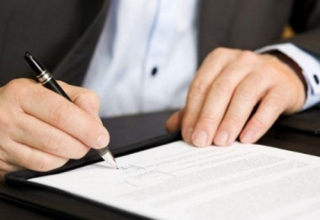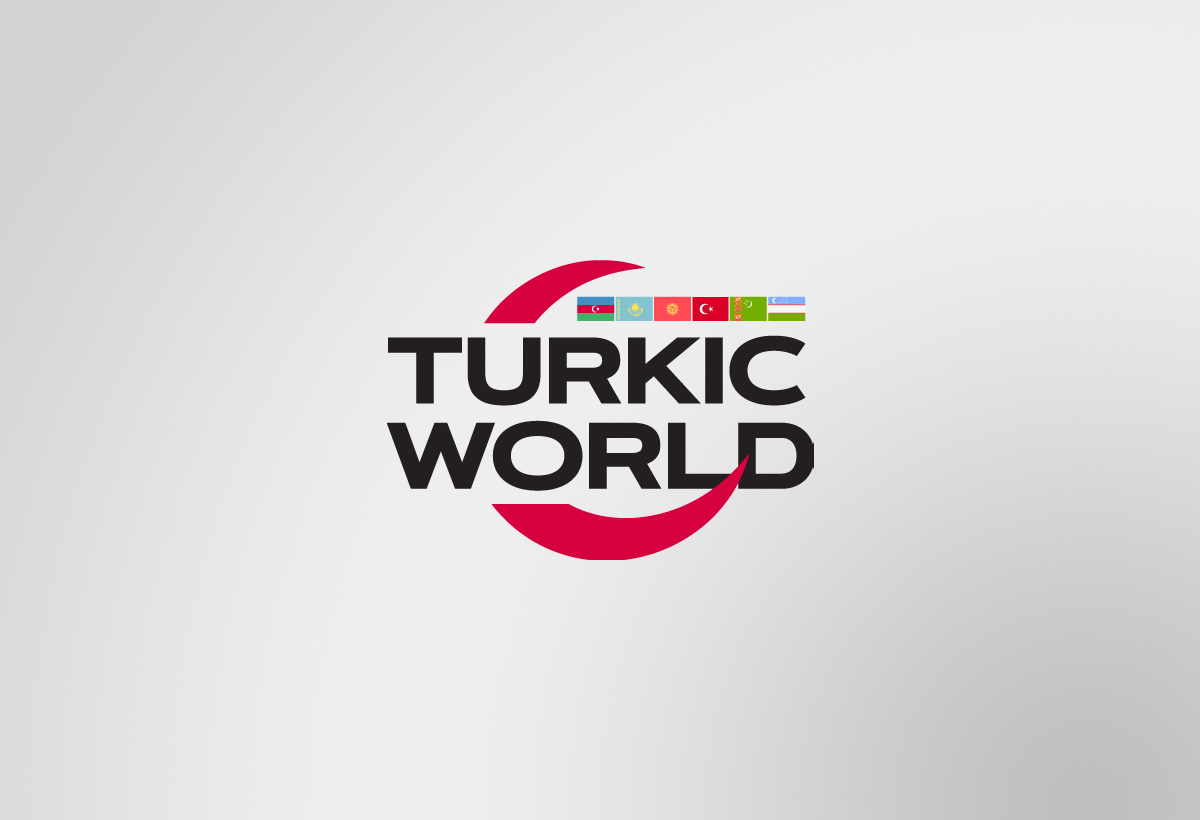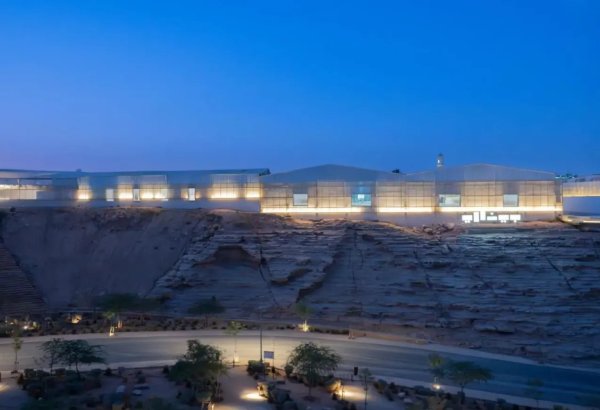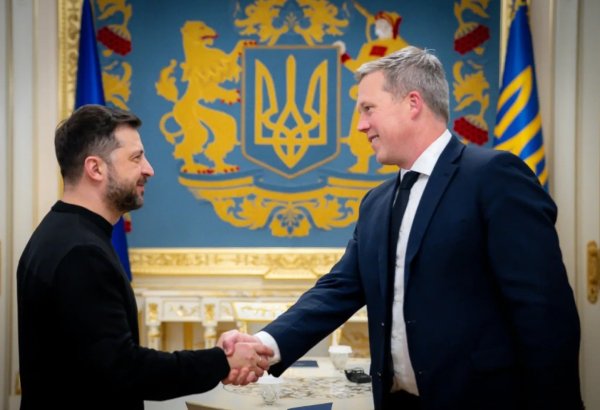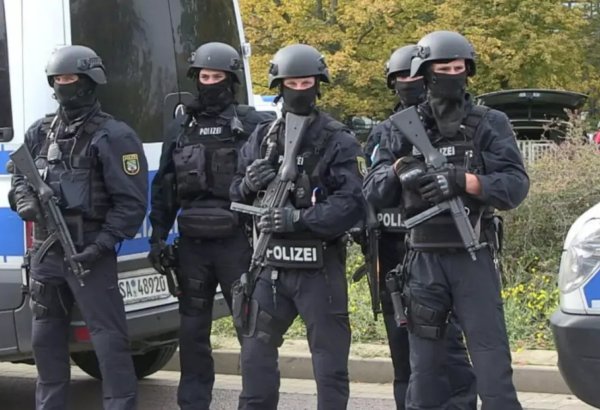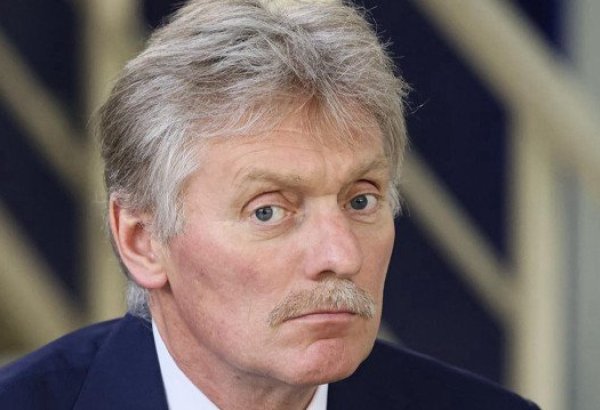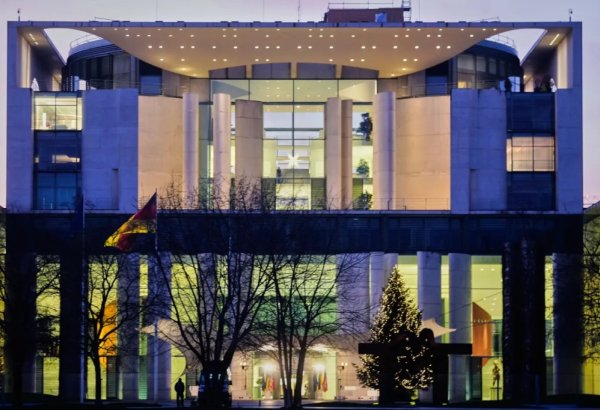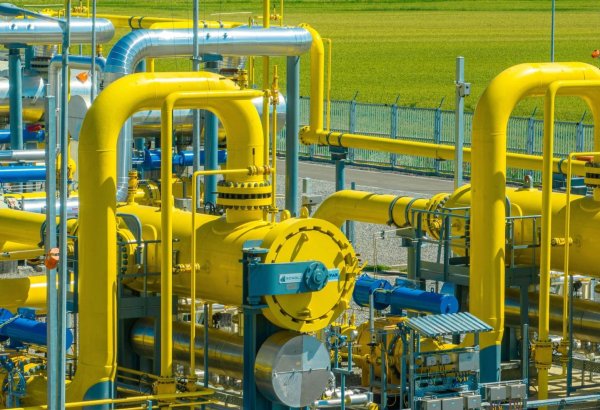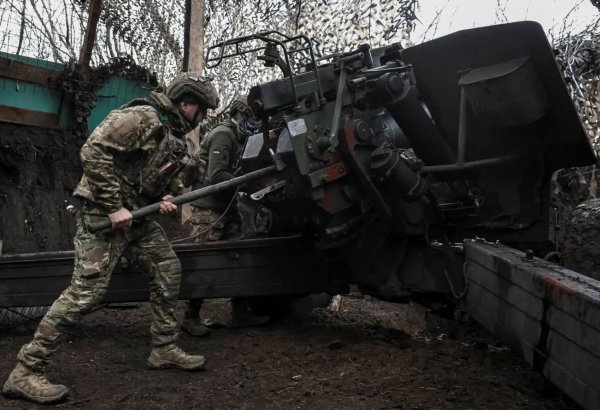The prolonged energy crisis is forcing Europe to search for new energy suppliers that could, to some extent, replace Russia's gas supplies, Eastweststream reports.
Germany, which depends on Russian gas by more than 50 percent, is facing a serious threat to its energy security. Although Germany managed to fill its gas storage facilities by 90 percent ahead of schedule in September, the situation was aggravated by the sudden cessation of gas supply through Nord Stream 1.
German authorities had to urgently look for alternative options. Naturally, the countries of the Persian Gulf, which have huge reserves of oil and gas, attracted the attention of Europeans.
German Chancellor Olaf Scholz paid a visit to Saudi Arabia, the UAE and Qatar on September 24-25. During the two-day trip, he made an attempt to improve strained relations with these countries and possibly provide Germany with new energy suppliers.
Scholz met up with the Crown Prince of Saudi Arabia Mohammed bin Salman. The parties, in addition to the current political situation, discussed investments and further cooperation in the production of 'green' hydrogen.
Judging by the restrained comments of German side and the absence of any signed documents, Germany didn't achieve the desired results.
Scholz's trip to the UAE turned out to be more productive. As a result of negotiations, an agreement was concluded with the country on the supply of 137,000 cubic meters of liquefied natural gas (LNG) to the terminal in Hamburg by December 2022. At the same time, a contract was signed on multi-year LNG supplies to Germany, deliveries should begin in 2023.
Moreover, RWE German energy company and Masdar UAE energy company agreed to jointly research the potential for expanding offshore wind energy.
Unfortunately, German Chancellor's visit to Qatar didn't turn out very well. Federal Minister for Economic Affairs and Climate Action of Germany Robert Habeck already visited Doha in March 2022. According to him, the negotiations seem to have been successful, and an agreement on a long-term energy partnership was signed, but then difficulties arose in implementation of the agreement. The LNG deliveries to Germany didn't start in August, and Habeck said that Doha only eyed a long-term agreement, which didn't suit Germany. Instead, Qatar increased gas supplies to Italy.
Recently, French Total Energies company became Qatar's partner for the development of the Northern field in the Persian Gulf, which is one of the largest oil and gas fields in the world. Its expansion will give Qatar the opportunity to increase LNG production to 126 million tons per year.
At the same time Germany's second attempt in a year to establish a dialogue with Qatar has failed. After negotiations in Doha with the Emir of Qatar Sheikh Tamim bin Hamad Al Thani Scholz only expressed a desire to 'make great progress' in the supply of LNG.
Of course, It can't be said that Scholz's trip was completely unsuccessful, but the desire of Germany to conclude an agreement with the Gulf countries still raises some concerns in the public mind of the West.
EastWestStream columnist: Alyona Pavlenko
Follow the author on Twitter: @Pv_Alyona








